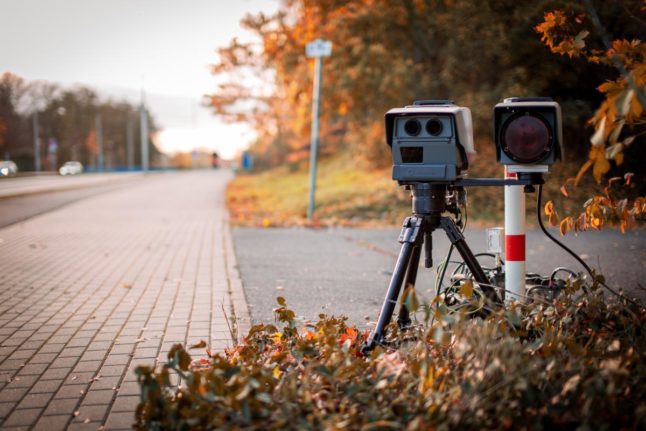With the new system, Danish courts will be spared the manual processing of up to 100,000 cases per year – and of the administrative work that comes with it, according to a press release published by the Danish Court Agency on Tuesday.
The change will mainly affect simplified proceedings, that is, cases in which people do not react or appeal the fines. In the future, these cases will be processed digitally.
“The fines will be sent to the citizens more quickly. It also frees up a great deal of time from processing simplified fine cases, so we can focus on other tasks,” IT director at the Danish Courts Agency, Martin Wood, said.
Cutting down on paperwork
But it is not only the courts that benefit from the new system. The police will also avoid a lot of work related to sending and receiving documentation to the courts.
“The fact that we’re digitalising such a large proportion of the cases actually means that we can automate some of the case processing in the Police Administrative Centre,” Jeppe James Olsen, unit manager for fines in Holstebro, said.
How will the new system affect people who are fined in Denmark?
The police annually issue over 700,000 fines for, among other things, speeding violations and drunk driving.
With the new system, over 100,000 cases where the defendants neither protest nor respond to fine notifications will eventually be digitalised.
These cases will be treated as simplified fine proceedings, where a verdict is handed down without a court hearing being held.
Until now, such case processing has been characterised by a lot of paperwork.
Jeppe James Olsen at the Police Administrative Centre of the Central and West Jutland Police said that the system would mean a shorter waiting time for fine decisions for citizens.
“We estimate that, today, it takes approximately 30 days on average per simplified fine proceeding, with the case being sent back and forth to the courts, and also the processing… That time will be saved when the process becomes digital, and therefore citizens can receive a decision in the simplified fine cases much faster, and we save time on administration, which can be used on other tasks,” Olsen said.
A broader digitalisation push
Since May 2nd, 2023, five courts – in Roskilde, Holstebro, Næstved, Kolding, and on Bornholm – have tested the system in a so-called “pilot phase” and have provided suggestions for improvements.
The criminal proceedings system is part of a more considerable digitalisation effort of the Danish court system that will take place until 2026.
You can find out more about the new systems on the website of the Danish Courts Agency.



 Please whitelist us to continue reading.
Please whitelist us to continue reading.
Member comments